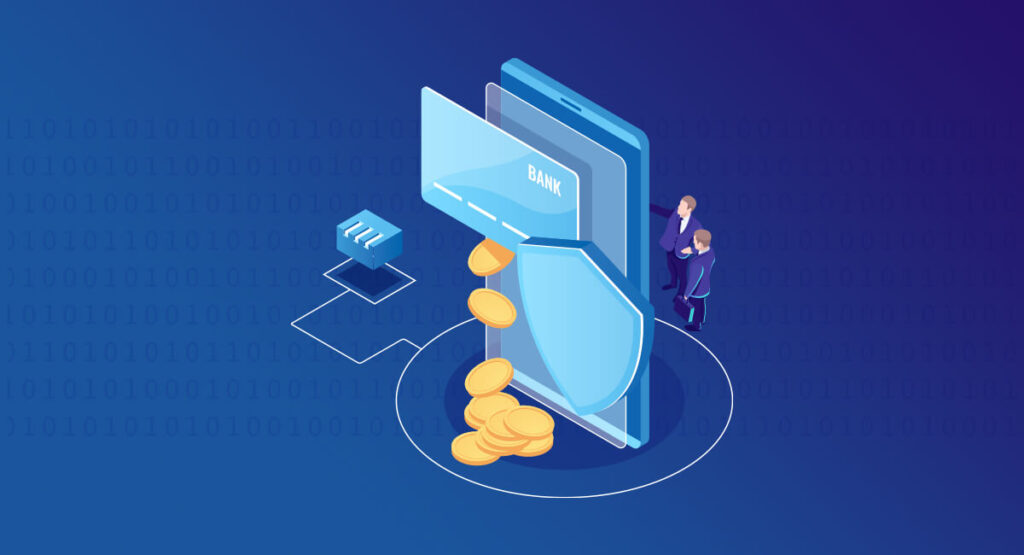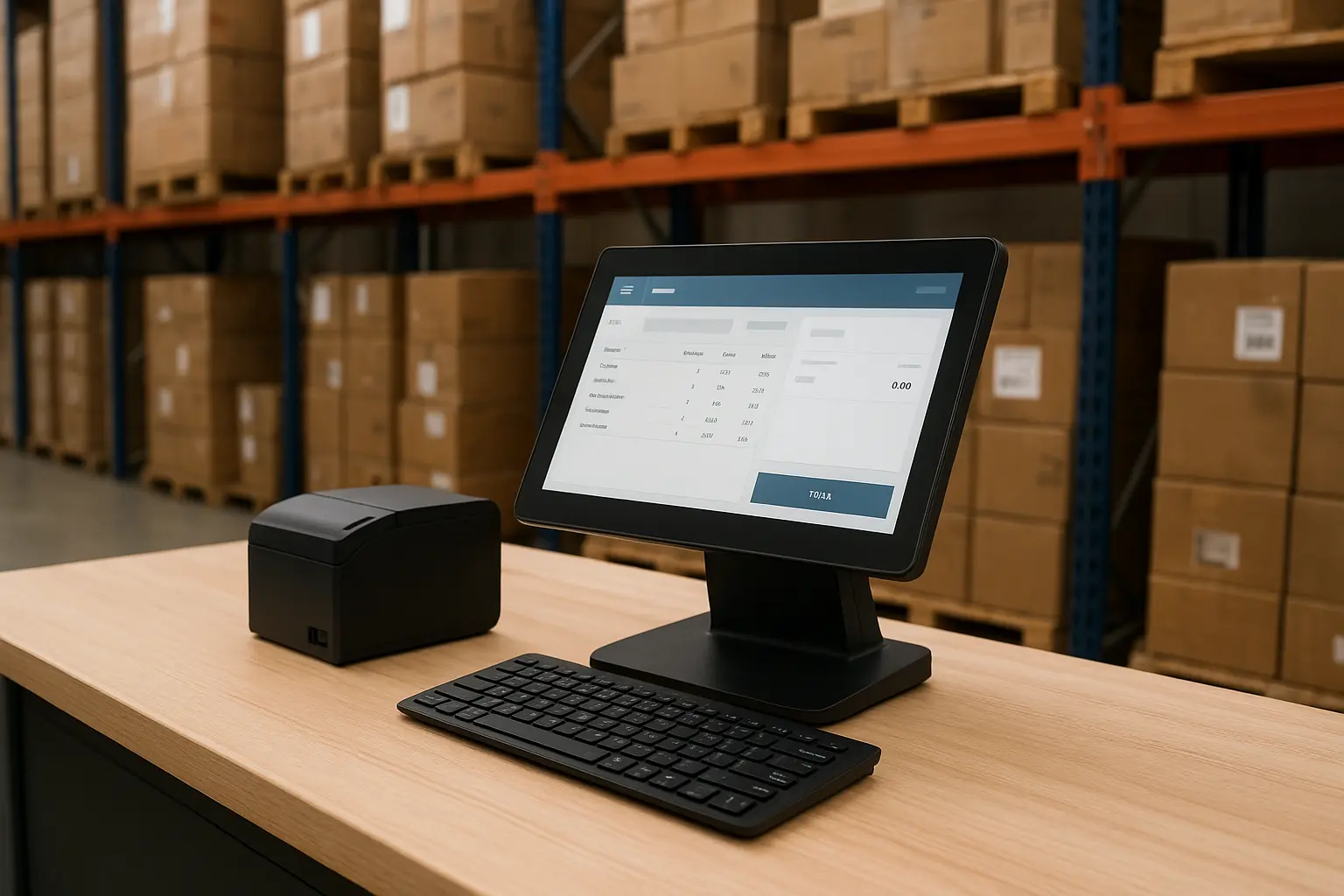The Impact of Fintech on POS Systems and Business Growth

The rapid evolution of financial technology, or fintech, has revolutionized the way businesses operate, particularly through advancements in Point of Sale (POS) systems. Fintech has enabled businesses to embrace more efficient, scalable, and user-friendly solutions, driving operational growth and enhancing customer experiences. In this blog, we explore how fintech innovations have transformed POS systems and their role in fostering business growth.
1. Enhanced Payment Options
Fintech has brought a significant shift in how transactions are conducted, allowing POS systems to accept a wide range of payment methods. From traditional credit and debit cards to modern digital wallets and contactless payments, fintech has ensured businesses can meet evolving customer preferences.
Key Advancements:
- Contactless Payments: Technologies like Near Field Communication (NFC) allow customers to make quick, secure payments by tapping their cards or smartphones.
- Digital Wallets: Platforms such as Apple Pay, Google Pay, and PayPal are now integrated into modern POS systems.
- Buy Now, Pay Later (BNPL): Fintech-enabled payment solutions give customers flexible payment options, improving purchasing power.
Impact on Growth: By offering diverse payment options, businesses can cater to a broader customer base, improve checkout speed, and reduce cart abandonment rates, ultimately boosting sales and customer satisfaction.
2. Improved Access to Business Insights
Modern fintech-powered POS systems provide advanced reporting and analytics, giving business owners access to real-time insights into sales, inventory, and customer behavior. This data-driven approach allows businesses to make informed decisions quickly and efficiently.
Key Features:
- Sales Tracking: Monitor daily, weekly, or monthly sales trends.
- Customer Analytics: Analyze purchasing behavior and preferences to tailor marketing strategies.
- Inventory Management: Automate stock tracking to reduce waste and optimize inventory levels.
Impact on Growth: With actionable insights at their fingertips, businesses can streamline operations, reduce costs, and improve customer satisfaction. For example, a retailer can stock up on popular items while avoiding unnecessary overstocking, leading to higher profit margins.
3. Seamless Integration with Fintech Platforms
Fintech has enabled POS systems to integrate seamlessly with various business tools, including accounting software, eCommerce platforms, and customer relationship management (CRM) systems. These integrations simplify operations and ensure all systems work in sync.
Examples of Integrations:
- Accounting Tools: POS systems that integrate with software like QuickBooks or Xero make bookkeeping effortless by automating financial records.
- eCommerce Platforms: Businesses operating online and offline can sync inventory and sales data across platforms.
- Loyalty Programs: Fintech solutions integrate loyalty and rewards systems to increase customer retention.
Impact on Growth: Integration eliminates manual data entry, reduces errors, and boosts efficiency. By streamlining workflows, businesses can focus on growth strategies rather than administrative tasks.
4. Increased Financial Inclusion and Accessibility
Fintech-driven POS systems have improved financial inclusion, particularly for small and medium-sized businesses (SMBs). Traditional POS systems often required heavy upfront investments, but fintech innovations have introduced affordable, subscription-based solutions that lower the entry barrier.
Key Innovations:
- Cloud-Based POS Systems: These systems offer affordable monthly plans and eliminate the need for expensive hardware.
- Mobile POS (mPOS): Solutions that allow businesses to process transactions using smartphones or tablets.
- Access to Financing: Some fintech platforms integrate microloans and credit options directly into POS systems.
Impact on Growth: Small businesses can now access tools previously reserved for larger enterprises, enabling them to scale operations, improve cash flow, and compete in the market more effectively.
5. Enhanced Security and Fraud Prevention
Fintech has significantly improved the security of POS systems, addressing business concerns around fraud and data breaches. Advanced encryption, tokenization, and biometric authentication methods ensure that customer and business data remains protected.
Key Security Features:
- EMV Compliance: Chip-enabled cards reduce the risk of counterfeit fraud.
- Encryption & Tokenization: Protects sensitive payment information during transactions.
- Real-Time Fraud Monitoring: Fintech tools analyze transactions in real time to detect suspicious activities.
Impact on Growth: By ensuring secure transactions, businesses can build customer trust, reduce fraud-related losses, and enhance their reputation in the market.
Conclusion
Fintech has reshaped the landscape of POS systems, offering businesses tools to streamline operations, enhance customer experiences, and fuel growth. By embracing advanced payment options, real-time analytics, seamless integrations, and robust security, modern POS systems are empowering businesses to operate smarter and more efficiently.
As fintech continues to evolve, businesses that adopt these innovative solutions will be better positioned to meet customer demands, optimize operations, and stay ahead of the competition. Leveraging fintech-powered POS technology isn’t just a trend—it’s a strategic move toward long-term success and growth.
Visit our site at www.dibtech.com.au
Visit our YouTube channel for tutorials Dibtech






